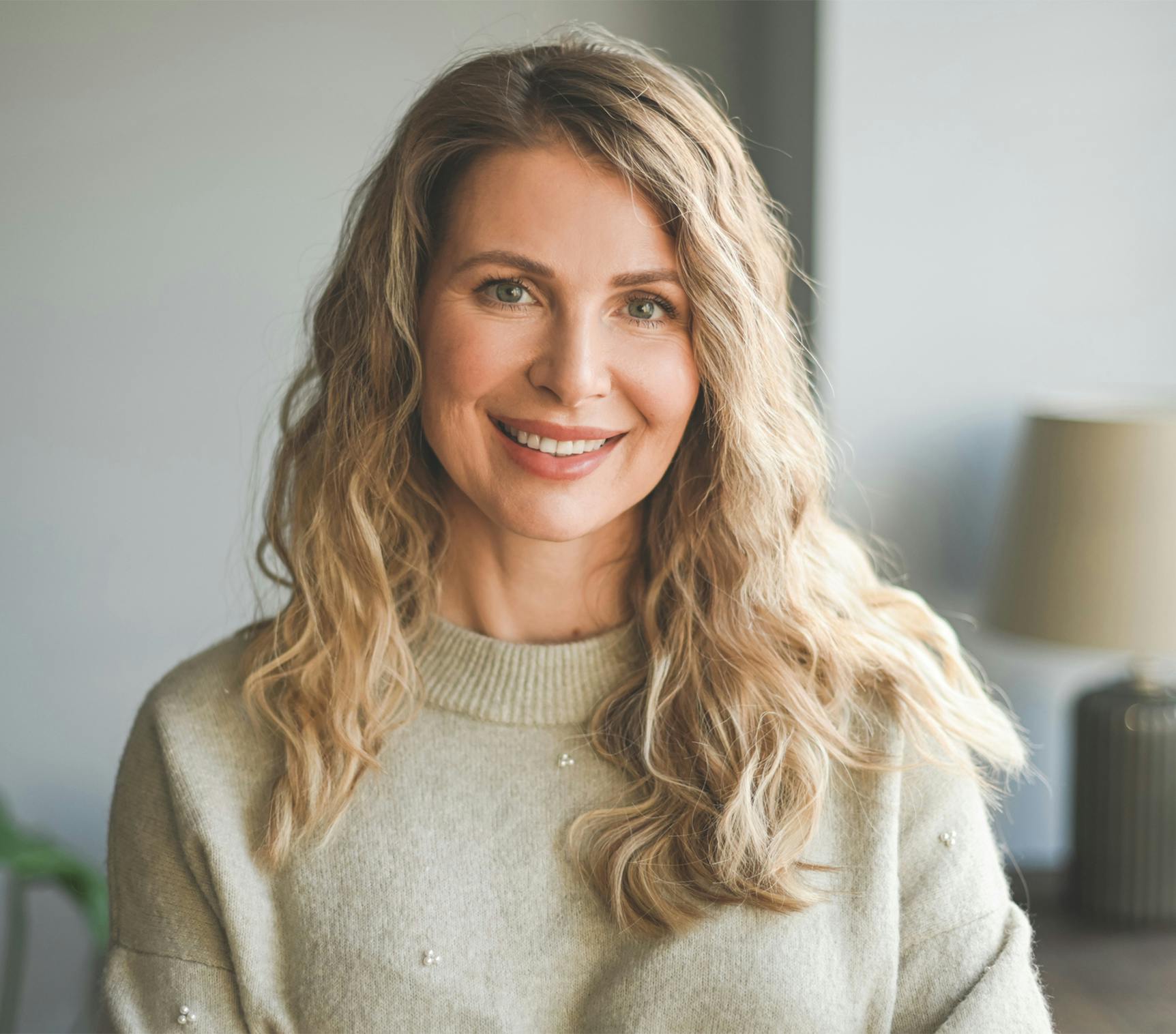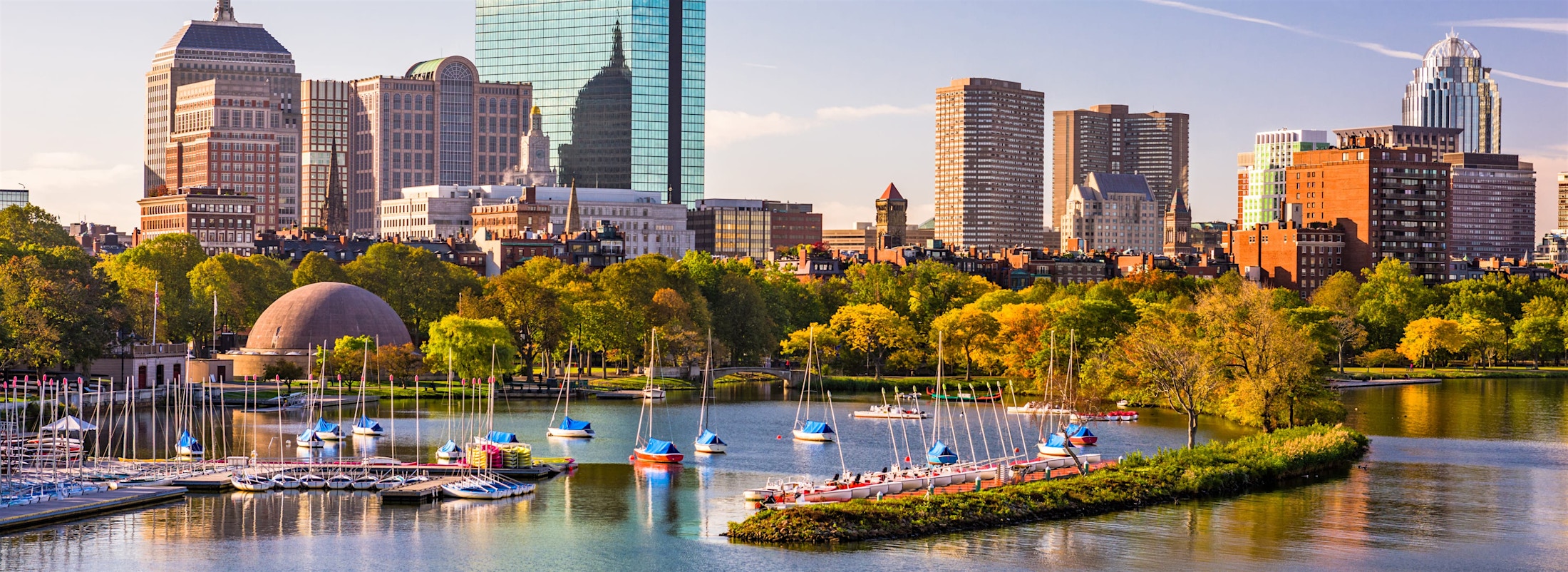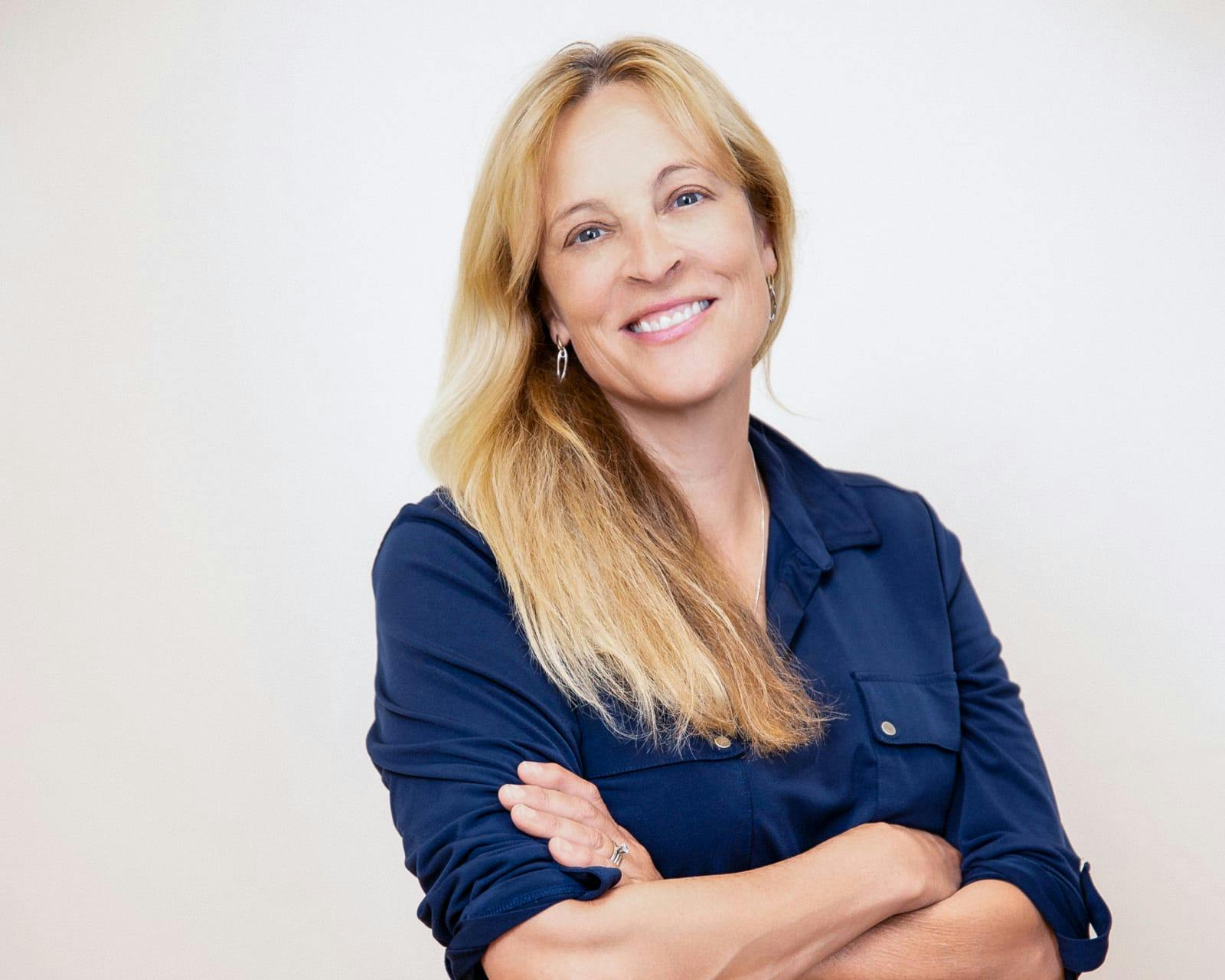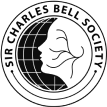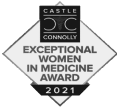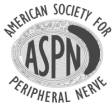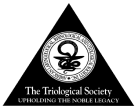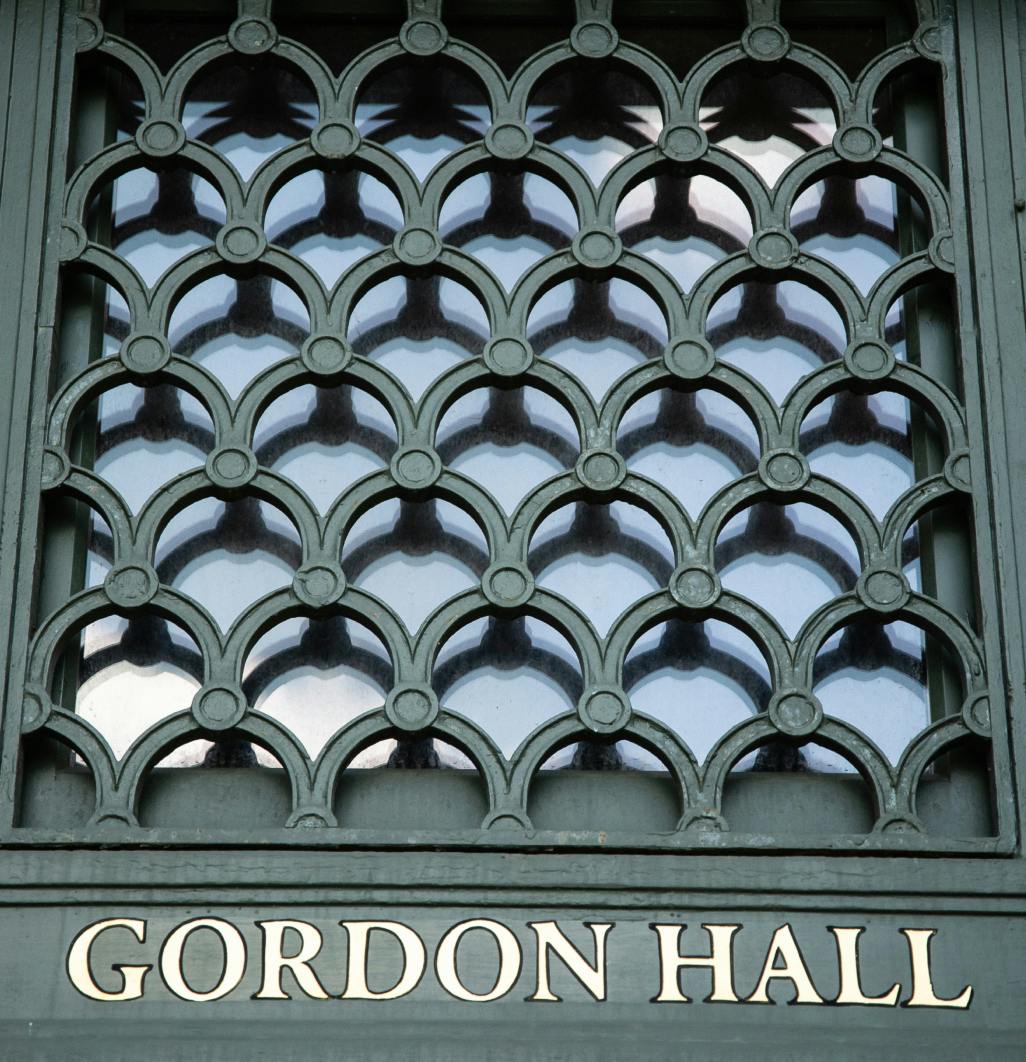Our lower eyelid surgery in Boston, also known as lower eyelid suspension, is a specialized surgical procedure designed to improve the appearance and function of the lower eyelids.
What Is Lower Eyelid Support Surgery?
Our lower eyelid surgery is a meticulous and precise procedure aimed at addressing various concerns related to the lower eyelid. It is performed to correct issues such as lower eyelid laxity, ectropion (outward turning of the eyelid), entropion (inward turning of the eyelid), and lower eyelid retraction (a condition where the lower eyelid appears too low or out of position). These problems can not only affect the appearance of the eyes but may also lead to discomfort, excessive tearing, and dry eye symptoms.

